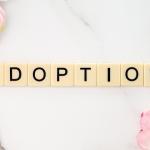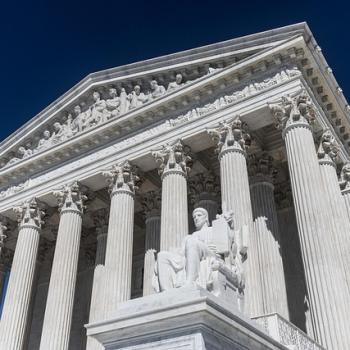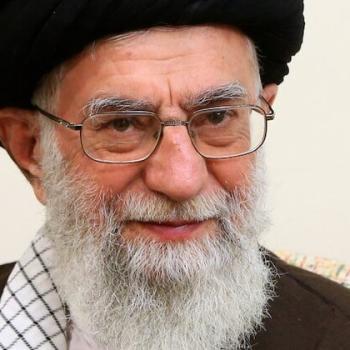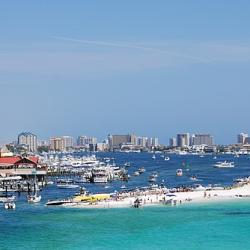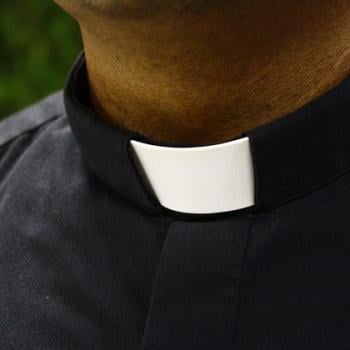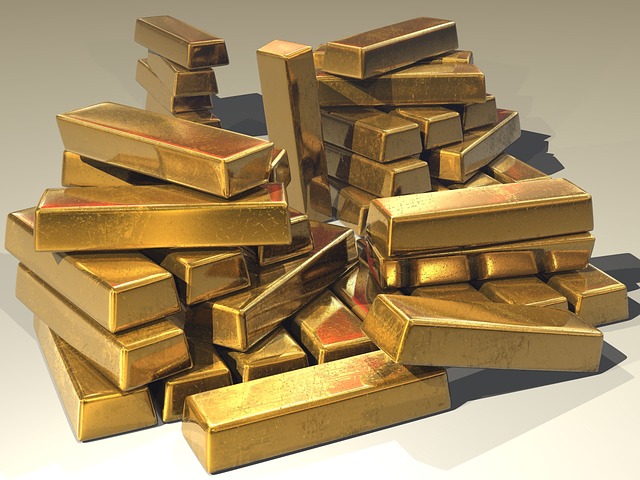
El Salvador Basics
El Salvador is the smallest and most densely populated of the seven countries comprising Central America. Unlike the other six countries in the group, it has no coast on the Caribbean. Instead, the Pacific Ocean bounds it to the south. Thus, the country doesn’t entice tourists intent on lounging on a Caribbean beach.
A devastating civil war from the 1970s to the early 1990s destroyed the country’s economy. El Salvador remains saddled with international debt it cannot pay off and partially depends on foreign aid to operate.
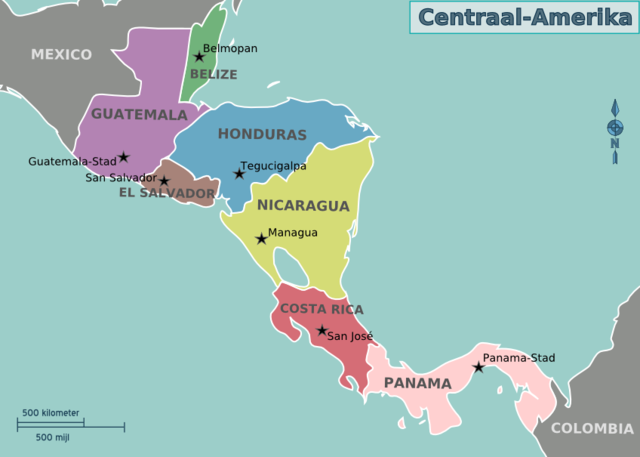
Gold Mining In El Salvador
The mountainous areas of Central America, including El Salvador, contain large deposits of minerals. Mining in El Salvador began as an artisanal process or small scale mining where basic tools or one’s hands are utilized to extract minerals from the earth. This type of subsistence mining usually involves laborers working independently of mining companies and using their own resources. Later, mining in the country transformed into an industrial process when a US-based company, Commerce Group Corp., industrialized the previously artisanal San Sebastian Mine in the 1970s. Mining then became a significant economic activity in El Salvador.
In 2017, however, El Salvador became the first country in the world to ban metal mining. This cessation followed campaigns involving various groups, including activists, community organizations, and the Catholic Church to achieve that end. The threat to the local ecosystem and to human life served as the impetus for these campaigns. As evidence of this threat, the revocation of the permit to operate the San Sebastian Mine provided solid ground. The mine polluted the San Sebastian River with cyanide, arsenic, and mercury, contaminated drinking water supplies, and prevented agricultural activities. Testing showed 9 times the legal limit of cyanide in the water. Although the mine has been abandoned, pollution in the reiver remains.
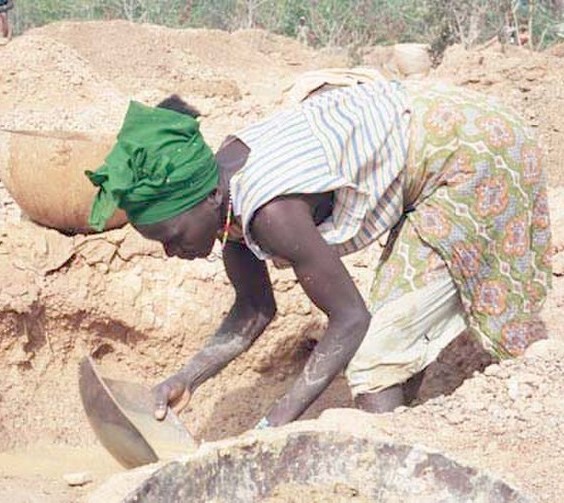
Is Gold Mining That Bad?
Gold mining raises two main issues—detriment to the natural environment as well as abuse of human rights. The cyanide method of extraction, developed in the late 1800s, remains the dominant process Cyanide compounds utilized contain high toxicity levels. Any leaks or spills threaten both human health and aquatic ecosystems. Gold mining also generates more waste than any other type of mining. Lead, mercury, cadmium, and arsenic found in the waste can contaminate both groundwater and the air.
In addition to negative health effects on a mine’s surrounding population, serious risk exists for mine workers. Ten to fifteen million workers engage in artisanal mining, with some 5 million of those workers being women and children. Major corporations may exploit them, with much of their work being done illegally. Working conditions in the mines are difficult with the possibility of tunnel collapses, explosions, and exposure to toxic chemicals used in processing. This exposure, especially in children, may lead to vision problems, hearing loss, and respiratory difficulties.
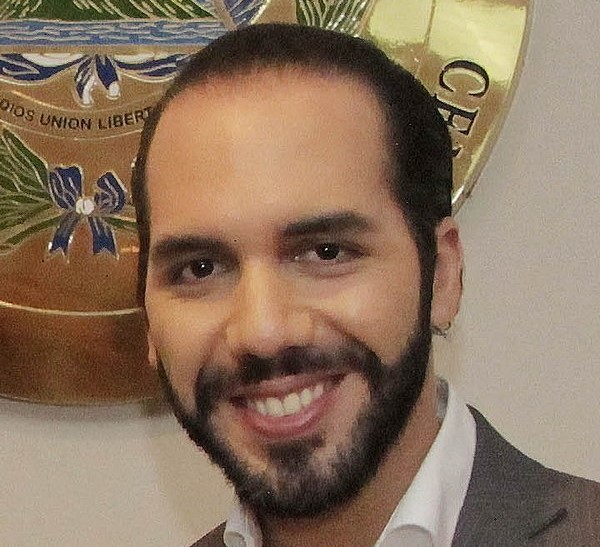
The President And His Position
El Salvador’s current president, Nayib Bukele recently proposed lifting the total ban on gold mining in his country. The popular leader first took office in June 2019, becoming El Salvador’s youngest president at 37. In 2024, the country’s voters re-elected him for a second term. With his political opposition weak and his party controlling the Congress, resistance to Bukele’s proposal to lift the ban is unlikely.
Bukele’s background provides some insight into his position on the gold mining ban. A businessman, he founded his own advertising agency in 1999 prior to entering politics. Those in the business world, of course, focus on the bottom line and don’t like to see red in the financials. Restarting gold mining in El Salvador would allow a lucrative stream of revenue to stimulate and improve the country’s economic situation. Specifically, Bukele finds the ban “absurd” and states gold mining provides “wealth that could transform El Salvador.” Interestingly, he voiced support for the ban when running for president the first time.
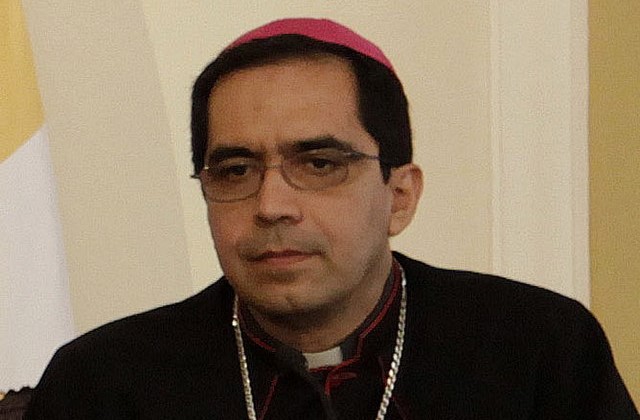
The Catholic Church Disagrees
Unsurprisingly, since it lobbied for the ban now in place, the Catholic Church opposes Bukele’s idea to lift the ban. This past Sunday, Archbishop José Luis Escobar Alas’ sermon expressly asked President Nayib Bukele not to take that action. His words echoed the position of various environmental and civic groups who feel restarting gold mining would “damage this country forever.”
But does the church possess the political clout to overcome Bukele’s proposal? With about half the population of El Salvador being Roman Catholic, including Bukele’s mother, the church holds the ear of a vast, and possibly influential, audience. Whether this audience accepts the characterization of gold mining by the church and acts on it remains to be seen.
Stewardship Or Earthly Riches?
While El Salvador is a small country, the issue facing it about gold mining looms large. Every country and its citizens will at some point have to consider what is most important in how their country operates. The bottom line requires prioritizing stewardship of the earth, mandated by God in the Bible, against earthly riches to better the citizens’ lives. El Salvador must answer that question now.



